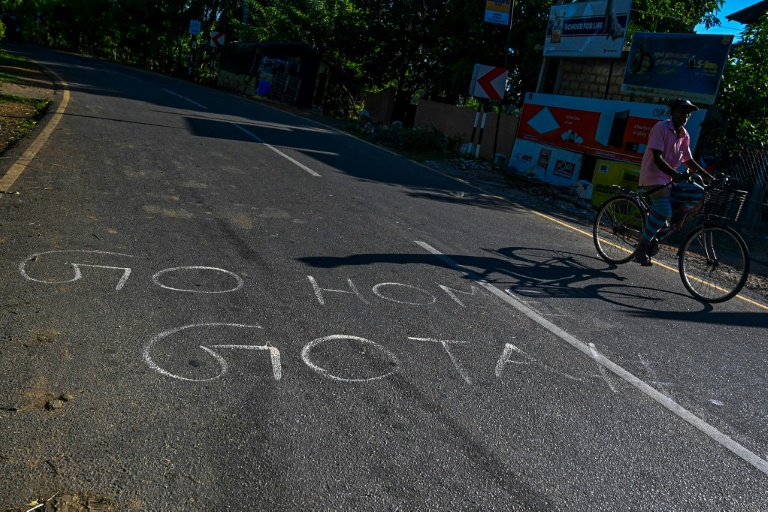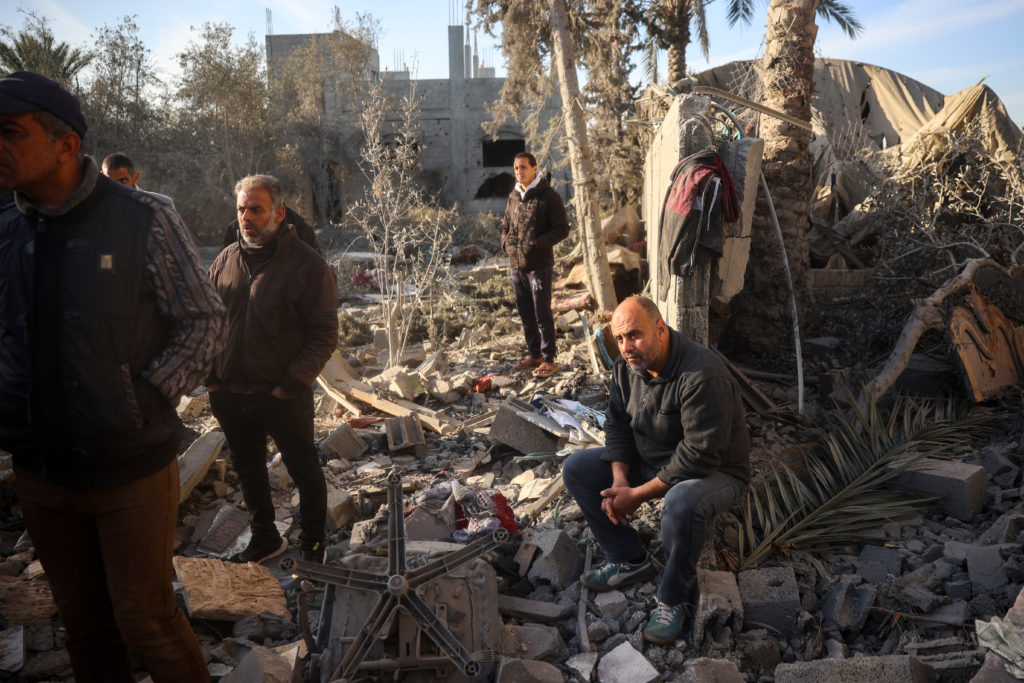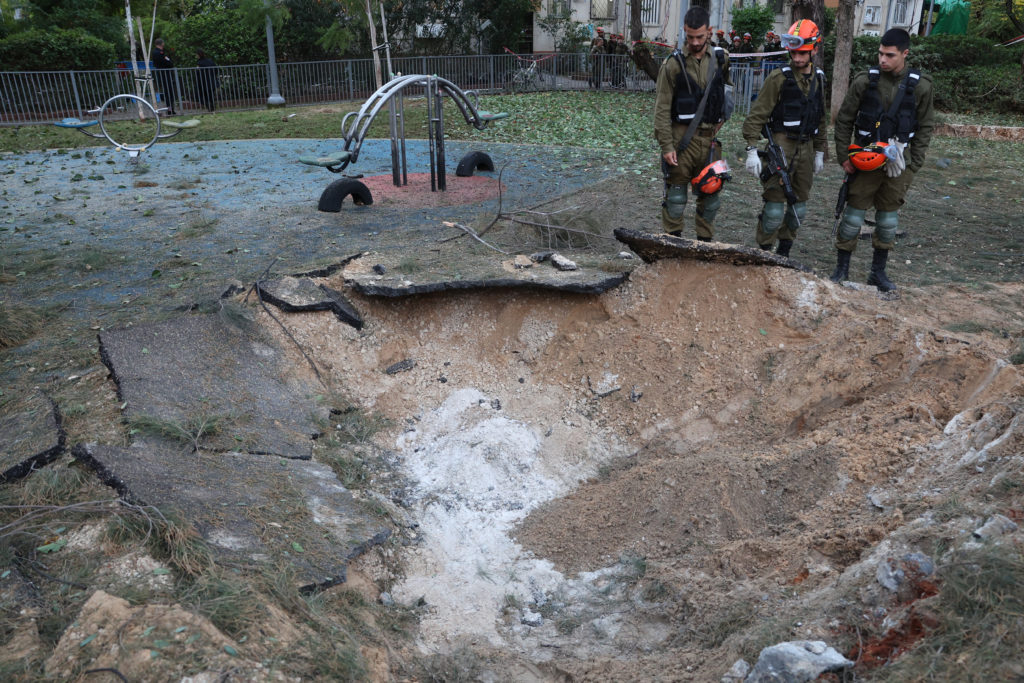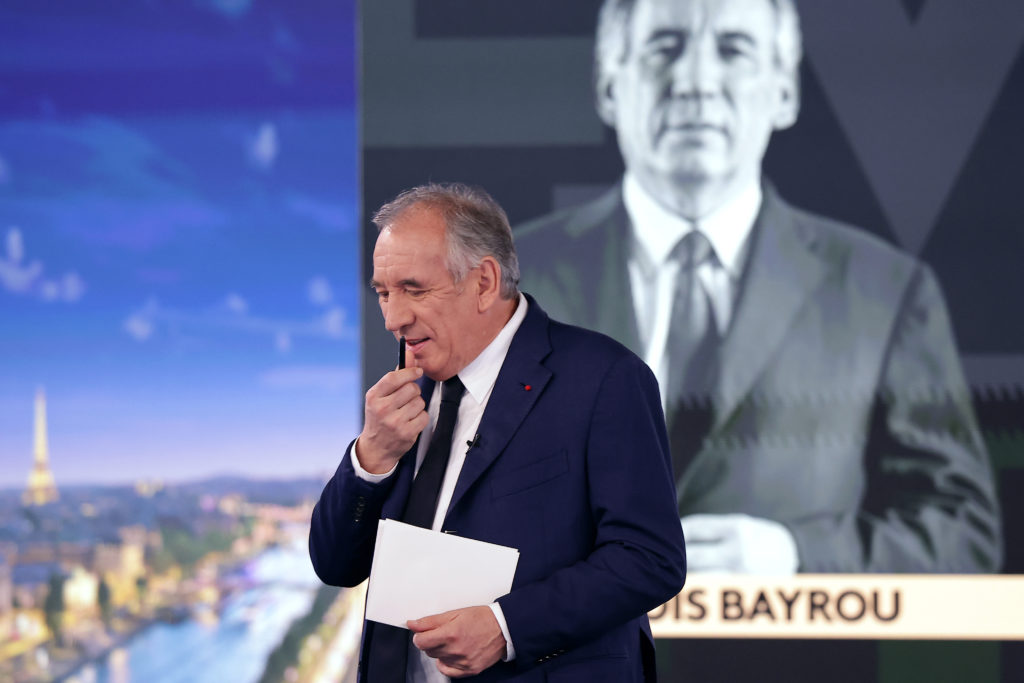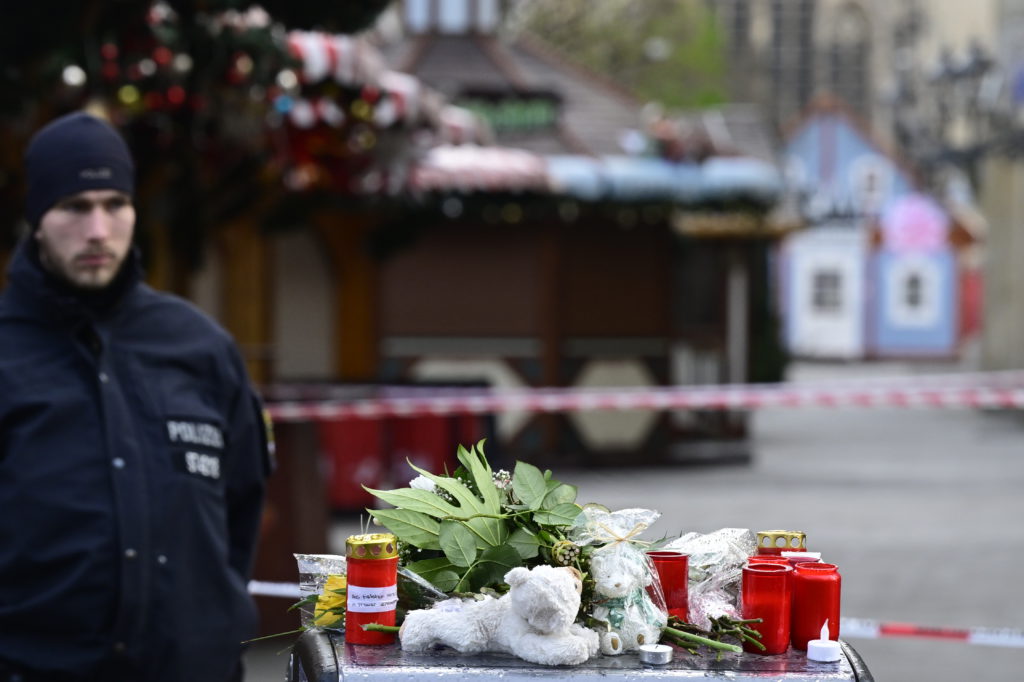“Gota Go Home” — graffiti calling for President Gotabaya Rajapaksa to quit has appeared on the roads of Hambantota, the traditional stronghold of the family that dominates Sri Lankan politics.
That this could happen in a district where until recently people would jostle for a glimpse of the gilded dynasty is testament to how detested they have become over Sri Lanka’s dire economic crisis.
Sagara lives in Medamulana, a village in Hambantota where Prime Minister Mahinda Rajapaksa — brother of the president — has a house.
The 32-year-old spends his evenings discussing with neighbours how they are going to survive the next day.
“If I travel to Colombo for work and tell people I am from Medamulana, I will probably get beaten up,” Sagara told AFP.
“(The Rajapaksas) have ruined the country. It’s over.”
Medamulana has a museum about the history of the family with black-and-white photos of the late D.A. Rajapaksa — a cabinet minister — and his wife, parents of nine children.
Charismatic second son Mahinda’s common touch with voters saw him serve as president for a decade from 2005-15, during which time he defeated the Tamil Tigers to end Sri Lanka’s civil war in 2009.
At the same time, he showered his home district with investment and jobs, constructing a new airport, a new deep-sea port, a state-of-the-art cricket stadium and much more.
– Flipside –
But his time in office had a dark side.
According to UN estimates, around 40,000 civilians died in the closing chapter of the war, herded into “no-fire zones” bombed by the Sri Lankan armed forces.
The Rajapaksas denied the toll and refused to allow an international probe.
At the same time, dozens of critics — ethnic Tamils and others — were picked up in unmarked white vans, never to be seen again.
At least 14 journalists were murdered, according to Reporters Without Borders (RSF).
In charge of the security forces at the time was none other than Mahinda’s younger brother Gotabaya, the man elected president in 2019.
– Chinese debts –
Much of the infrastructure blitz in Hambantota — often named after the Rajapaksas — has now turned sour.
The Mahinda Rajapaksa International Cricket Stadium, miles from the nearest town, has hosted only a handful of matches.
The Mattala Rajapaksa International Airport is almost devoid of flights.
The government also borrowed heavily from China for many of the projects, swelling the country’s debts and raising Western and Indian alarm.
In 2017, Sri Lanka handed the port to China on a 99-year-lease saying it was unable to service a $1.4 billion loan from Beijing to build it.
“We were very hopeful when the projects were announced. And this area did get better. But now it means nothing,” said Dinuka, another local.
“Our children too will continue paying off this debt… What is stopping the Chinese from taking over our farms and our produce?”
– Import ban –
The South Asian nation’s external debt, estimated to be around $51 billion, is the underlying cause of the current crisis.
Several months ago, the government banned many imports to halt outflows of the foreign currency needed to pay it down.
This has led to severe shortages and galloping inflation in the prices of essential goods including food, fuel and medicines, and failed to prevent a default.
Thousands of protestors have been camped outside the president’s office in Colombo for weeks demanding his resignation.
Disappointment is also evident in Medamulana, where a road into the village has the banner “Welcome to the President’s village” at the entrance.
“Whatever we are going through right now does not affect how they (the Rajapaksas) live,” said Wimalasena, 57.
“But my grandchildren don’t even have milk powder.”
Aryasena, another villager, broke down in tears as he recounted his struggles to get food. But the 60-year-old, like others, still has adulation for Mahinda.
“Mahinda should take charge. He will fix this.”

